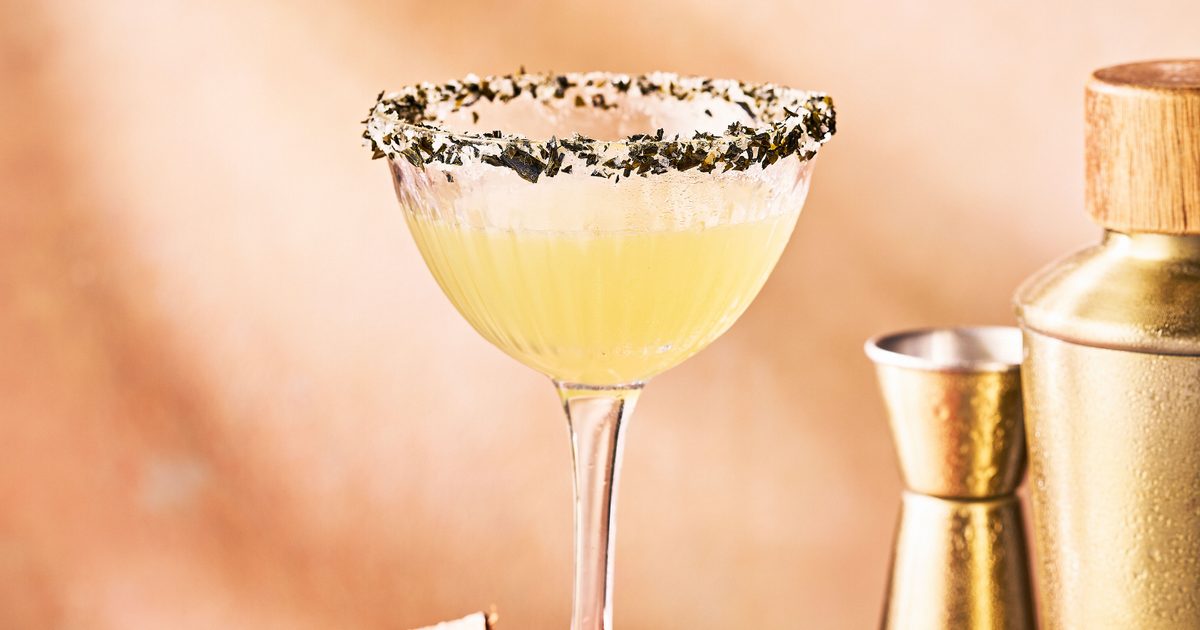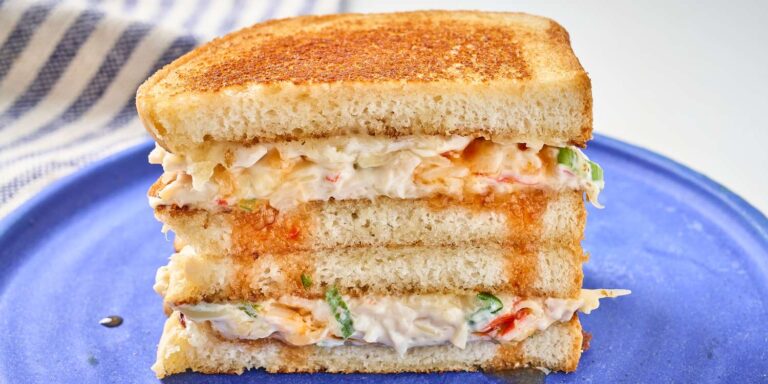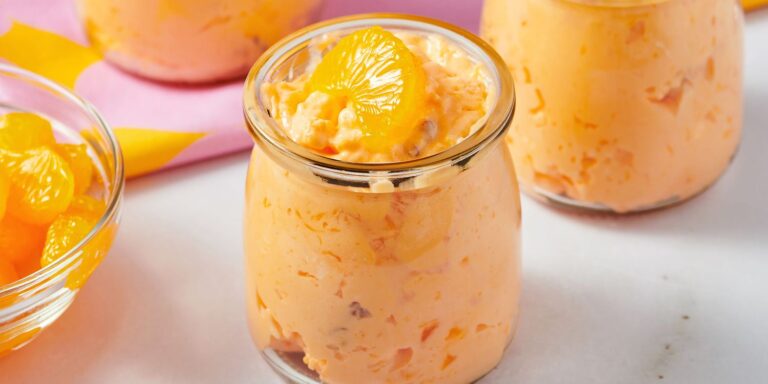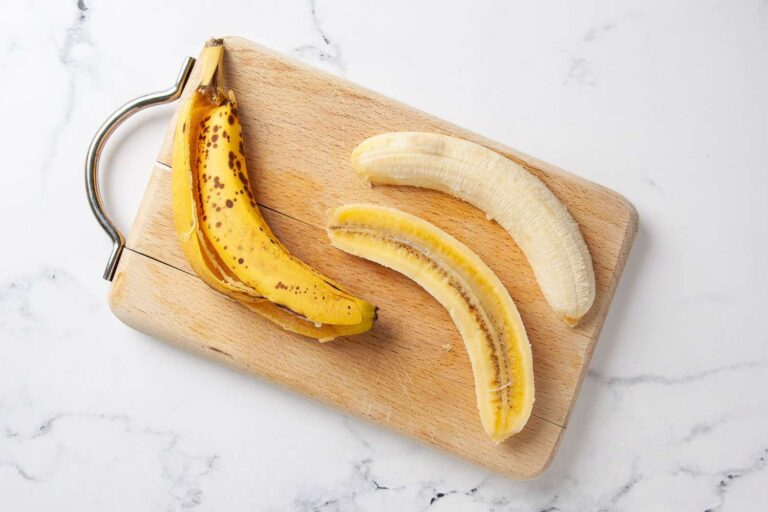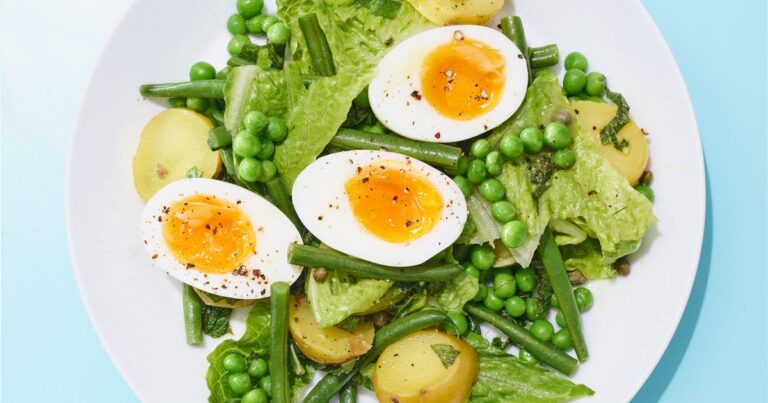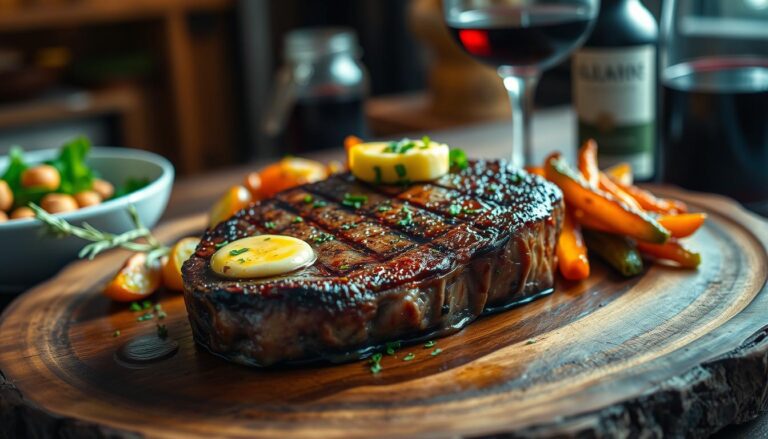Planet -friendly drinks | Enjoy your meal
Do you want to put up sustainably? Order a Pint Fass beer. Beer arrives in pubs in steel barrels that have been used over 100 times over decades, and then recycled. It is a very efficient distribution method. There are always exceptions, but wide, always drink
The locally produced beer is as close as possible to production (like a brewery capsule) is a good sustainable step, as is the selection of a British beer via you. Cask Beer is also a sound selection because regional versions are widespread. Ale Gravity-Dispensed from the barrel is a green bonus, but very rare. Design not available? Choose doses via bottles. Both are recycled regularly, but the beer with cans is easier to transport, and the recycling of aluminum consumes less energy than the recycling of glass. Surprisingly, 75 percent of all aluminums ever produced were recycled and are still used. But this is not a free pass: Recycling has its own CO2 footprint and says a spokesman for the Sustainable Restaurant Association: “What we really need is a circular system in which the packaging of individual uses of the past belongs.” Finally, keep an eye out of certified organic brewers (such as Black Isle, Atlantic or Stroud) and beers that were created as sustainable products. This includes the carbon -neutral respire of Black Sheep and Seven Bro7her’s way, for which the Kellogg grain flakes are left over to make an IPA.
Tips to take away
Draft draft, prioritize British pints and local real ales, select doses via bottles and look for sustainably brewed beers.
Wine
Drinking organic, biodynamic or natural wine is a positive change that you can make. All three use grapes without artificial chemical pesticides or antifungal sprays. This reduces greenhouse gas emissions and prevents pollution and soil reduction, which can result from excessive synthetic chemical use. Many of these vineyards also follow the regenerative agricultural principles. By stiring the country again, various plants in the middle of vines or “non-digestive guidelines” maximize soil health.
Organic wine production is also growing, especially in warmer, drier regions – almost 75 percent of the organic vines in the world are in Spain, France and Italy. But in cold, moist Northern Europe, the reduction of chemical use may require drinkers to hug itself
Unknown grapes – known as hybrids or piwis – that gain traction as sustainable alternatives. In contrast to classic European Vinifera grapes (such as Sauvignon Blanc, Chardonnay), hybrids are crossed with non-vinifera grapes to create tougher frost and disease resistant varieties that thrive with little, if not with chemical intervention. Some connoisseurs are sniffing about hybrid wines, which were made from grapes such as Solaris, Rondo, Seyval Blanc and Marquette, but Sunny Hodge, owner of Londons Aspen & Meursault, says: “We sell loads that are phenomenal in my opinion.” Wine bottles are a big problem beyond the vineyard. The production of glass is energy-intensive, and studies suggest that the bottling can make up 30-50 percent of the emissions of every wine. These heavy bottles are then transported, which – especially if they were sent from air or road; Sea freight is more sustainable – increases significantly to your CO2 footprint.
In the UK, drinking British wine, which has covered a shorter distance, is a tactic. Otherwise, they opt for lighter bottles that are capsule -free (no unyclable film on the neck) and do not use screw caps or cork, which are now widespread as a sustainable option. Alternatively, put them on the bottle: Many sustainable-focused beams are now pouring tap wines from recyclable or recurring barrels and XXL bag-in-box setups. These formats (far more easily to transport than bottles and less susceptible to waste) lower a glass CO2 footprint of wine.
Tips to take away
Drink natural or biological wines, opt for hybrid grapes, drink British or SESESENGENGENPENTIONS (ask at the bar), opt for bottles with lighter weight or try TAP WINE.
Cocktails
Nobody wants to emphasize a sustainability lecture with its Negroni and, as a result, the bars for cocktail menus. Instead, you have to learn how to decode a menu and evaluate the passive drinks. Ask yourself: are edible, seasonal and necessary? Are the drinks into account when using funding ingredients? Are remnants (citrus and fruit feed) reused to create cordials and syrups? In order to minimize the use of imported fruits, does the rod make infused vinegar to replicate citrusic acid? Jack Wakelin, co-owner of the Sheffield Bar Pearl and Restaurant Bench-a man, who is left instead of Lime to make a classic daiquiri, says that such a waste minimizing work is a good indicator that a bar takes sustainability seriously. “It is labor-intensive. It shows a consciousness.” Cocktails at Wakelin’s event locations are given; That means, prefabricated and served on the barrel. The reason is that bartender use a lot of ice cream when ordering cocktails (and wasteful) while mixing, cooling and diluting drinks. By batching, rods can serve consistent cocktails without ice or use sparingly in certain services and at the same time minimize the use of glass bottles. Many now buy large bags with spirits (which are recyclable and can be returned by post) to use in stacking recipes. Look for references to organic spirits (like that of malt whiskey distillery nc’nean) and the inclusion of innovative sustainable drinks such as the “climatic” peas, nàdar.
Tips to take away
Avoid exciting drinks; Search for seasonal fruits, homemade elements and eco-bridges on menus; Get on board with tap cocktails.
Good news alcohol
Increase a glass to the new innovations in sustainable drinking:
- Denbies in Surrey is one of the few certified net -zero wine producers worldwide. His country is managed so that it is more carbon (fixed it in the soil – a positive) than it starts in the atmosphere.
- Last year, Johnnie Walker Black Label Maker Diageo tested a 90 percent paper bottle against whiskey, which reduced the weight of the bottle by about 60 percent.
- Beer hops are imported regularly, especially for warehouses, but Pure Brewings Pure Pilsner is made from British hops and East Sngelian Malt.
- Pioneering work in the Herefordshire manufacturer Penrhos Spirits sells its gins in light, recycled aluminum bottles and reduces the CO2 footprint of packaging by 91 percent.
- The low, sailing -powered transatlantic fleet of Transoceanic Wind transports France to America for beverage producers, including the burgundy -colored wine manufacturer Maison Joseph Drouhin and Champagne House GH Mumm.
- From broad beans to the old African grain telephone (see: Brewgootoders Fairtrade Fonio Ipa) Brewer increasingly contain sustainable ingredients in their beers. Norwegian scientists experimented with planet -friendly sugar as a quick way to brew acid beers in the Belgian style.
- In the Candover Brook Vineyard by Hampshire Weiden sheep between the vines in spring to tend and fertilize the country. Your fleece has also been tested as an alternative to leaf mulch; The idea is that when they are laid around the vines, they feed the soil, suppress grasses and weeds and keep water while they decompose.
- The London gypsy hill is now brewed with carbon -negative warehouse swelling with regenerative wild -ple -rain and used hops (from which bitter connections are cleverly extracted). The beer leaves no harmful CO2 footprint; In fact, it sees the carbon positively into the soil.
Discover more planet-friendly content:
Chris Packham on veganism, sustainability and his love of nature
Top sustainable foods
Why do you throw fruit away?
The good glossary sustainability of the food
Simple ways to make soup from remnants

